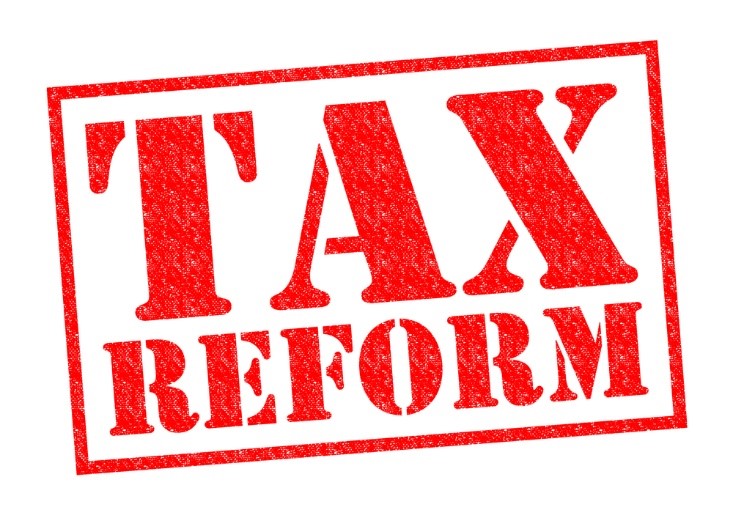The Tax Cut America Can’t Do Without – and neither can the Republicans in Congress
The economist Richard Rahn makes the argument well that corporate tax reform is needed. Where once we led the world in tax reform, we are now lagging. We will not be able to have sustained economic growth above 3% without tax reform. With tax reform, combined with the deregulation underway in Congress and by Executive Order, we can expect years of good economic growth – all other things being equal. The question isn’t the economics of tax reform, it is the politics of tax reform.
To be sure, America needs tax reform – and so do the Republicans in Congress. To date, by historical standards, the Republican Congress and Senate have been, well, a historic failure. No major legislation has been passed and signed by President Trump. Often, that is a good thing – the less government does the better. Not now, however. The state of the health care markets has been disrupted by the government and the industry looking for handouts. On the tax side, as Rahn states, the tax code is a serious impediment to economic growth and wage growth. At this time, Congress should act to clear the hurdles to growth and a healthy health care market.
The problem is that there is only a short window in The Divided Era for a Congress to Act. That window likely ends this Fall. Without Tax reform, the economy could soften and the prospects for Health Care reform weaken as well. That would leave Republicans in Congress with little to sell the voters next Fall, an energized American Left and Mid-term headwinds that historically don’t favor incumbent parties.
Because of that, it may well be that the proposed tax cut is really The Tax Cut The Republican Party Can’t Do Without.
~ ~ ~
Our relative economic pie is getting smaller compared to the rest of the world. Without cutting our noncompetitive corporate tax rate, businesses will continue to move to the rest of the world, leaving fewer jobs for Americans and less to tax. Rapid economic growth is the key to higher tax revenues, not high rates. And by the way, there are those $3 trillion that want to come back home, but only if it is taxed at reasonable rates. Properly structured tax cuts do not “pay” for themselves immediately, but they do over time. The Reagan tax cuts took about seven years to “pay” for themselves, but in the meantime many millions obtained jobs at higher real wages, which would not have happened without the tax cut. Congress should learn from that experience and do it again.







